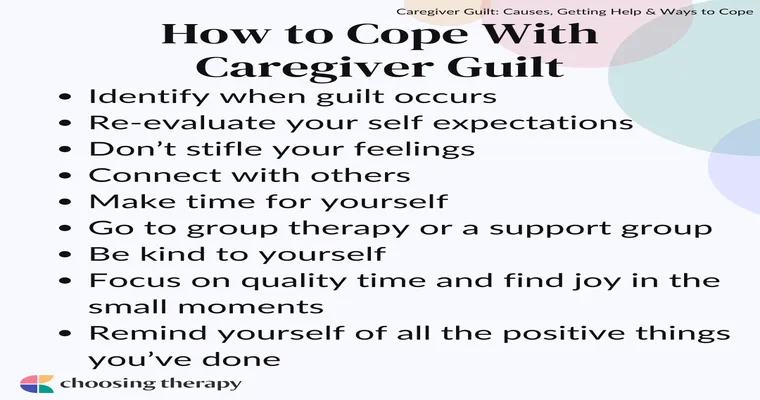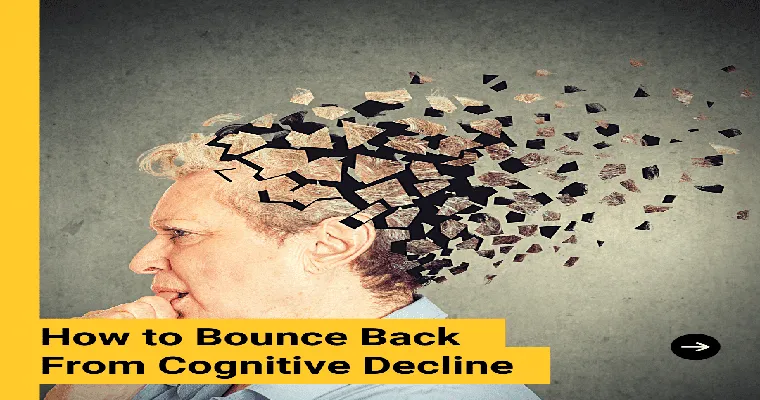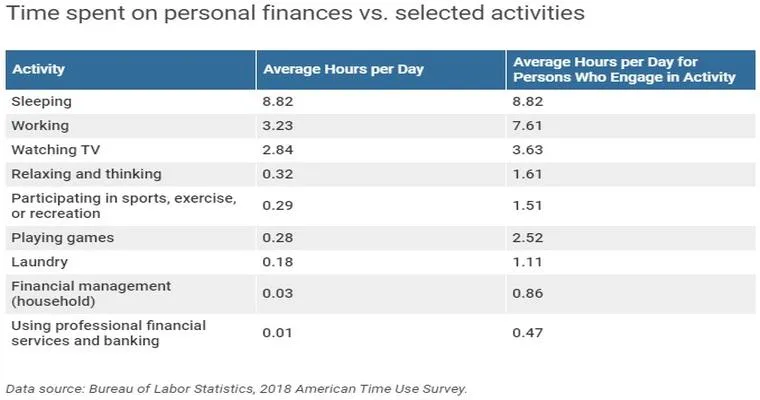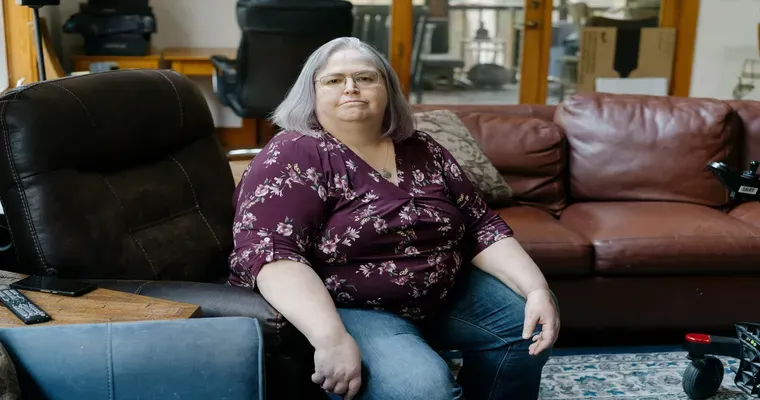Caregiving is a demanding role that can bring about a mix of emotions, challenges, and sometimes a sense of isolation. Many caregivers find themselves wondering if it is wrong to cope with the demands of their role by thinking, "this will only last another year." This mindset can be a double-edged sword, as it offers "temporary relief" but may also lead to "emotional strain" and "neglect" of one's own needs.
To understand the implications of this thought process, it is essential to delve deeper into the world of caregiving. Caregivers often face significant "stress" and "burnout", which can impact their mental and physical health. When caregivers adopt the perspective of "just one more year," they may find a sense of purpose in their duty, but it can also create a dangerous cycle of postponement. This mindset can lead them to ignore their own well-being in the hope that relief will come soon.
On one hand, thinking in terms of a set timeframe can provide caregivers with a sense of "control" and "focus". It can help them manage their daily tasks and prioritize responsibilities. However, this can also lead to unrealistic expectations. Caregiving situations can change unexpectedly, and what seems like a manageable timeline may stretch on longer than anticipated. This can create feelings of frustration and defeat, particularly if caregivers are not taking care of their own needs during this time.
Furthermore, relying on this mindset can hinder caregivers from seeking necessary support. If they believe they can endure for just another year, they might forgo professional help, respite care, or emotional support from friends and family. This can lead to increased feelings of isolation and "depression", which are common among caregivers.
It is crucial for caregivers to find a balance between coping strategies that help them endure the challenges they face and acknowledging the reality of their situation. Rather than fixating on a specific timeframe, caregivers can benefit from adopting an approach that emphasizes "self-care" and flexibility. This means recognizing when they need a break, seeking help, and allowing themselves to grieve the loss of their previous life or the life they envisioned for themselves.
In conclusion, while it is not inherently wrong for caregivers to think, "this will only last another year," it is vital to approach this mindset with caution. Caregivers should strive for a balanced perspective that allows them to cope with their responsibilities without sacrificing their well-being. By prioritizing self-care and being open to change, caregivers can navigate their journey with greater resilience and support. Embracing a holistic approach to caregiving can ultimately lead to a healthier, more sustainable experience for both the caregiver and the loved one receiving care.





